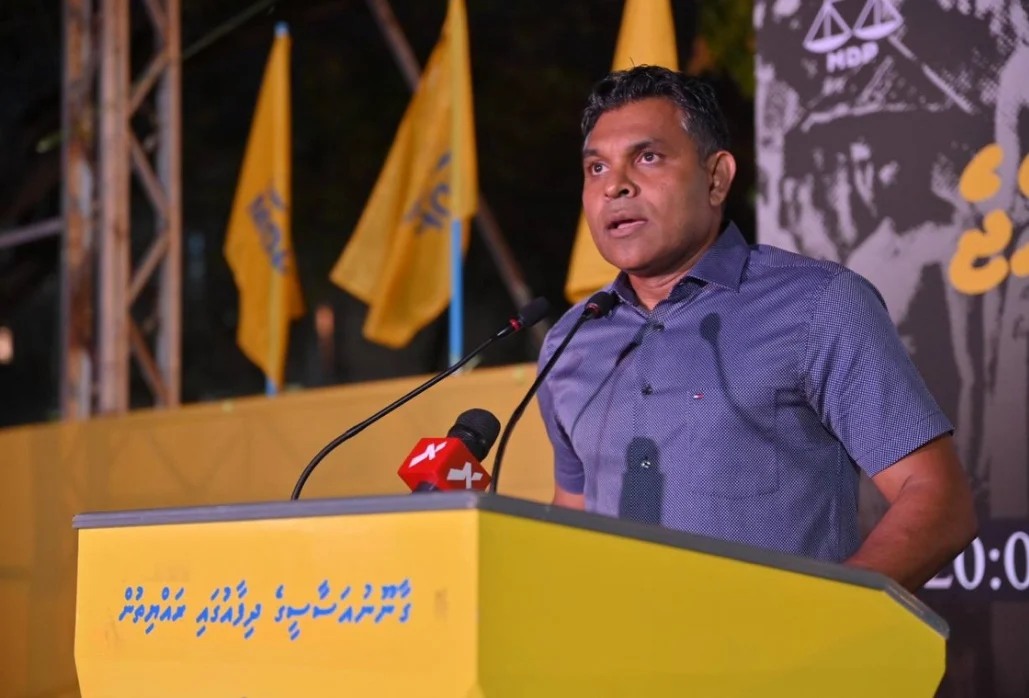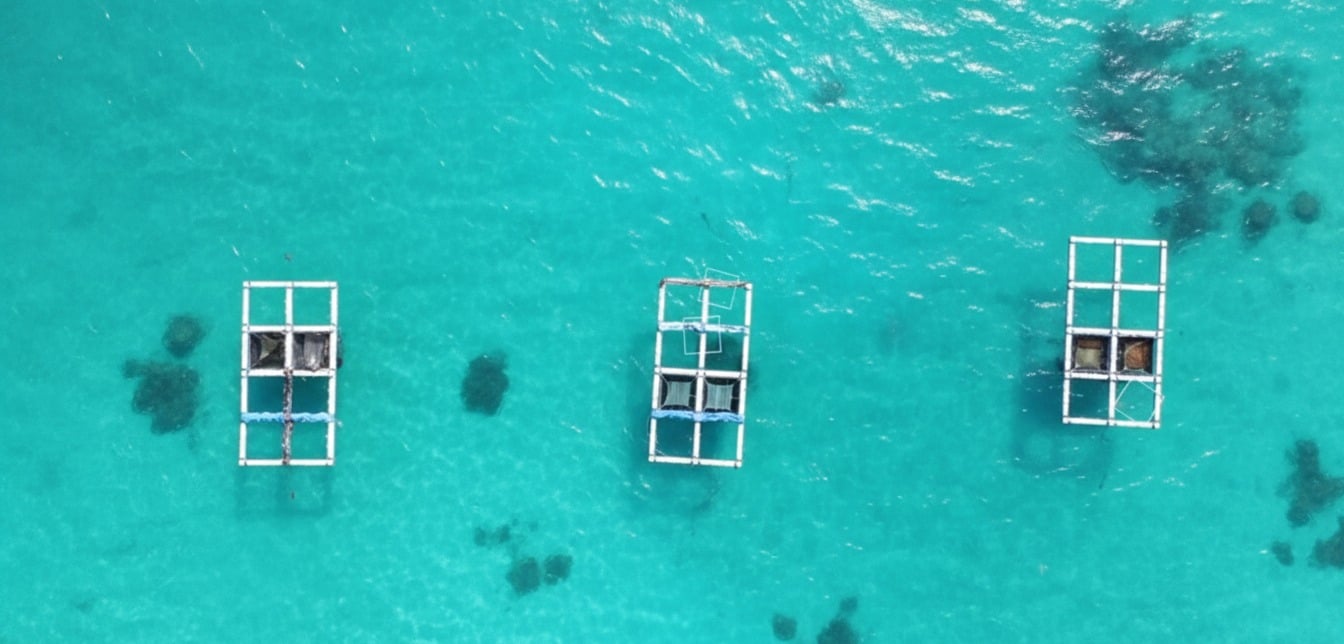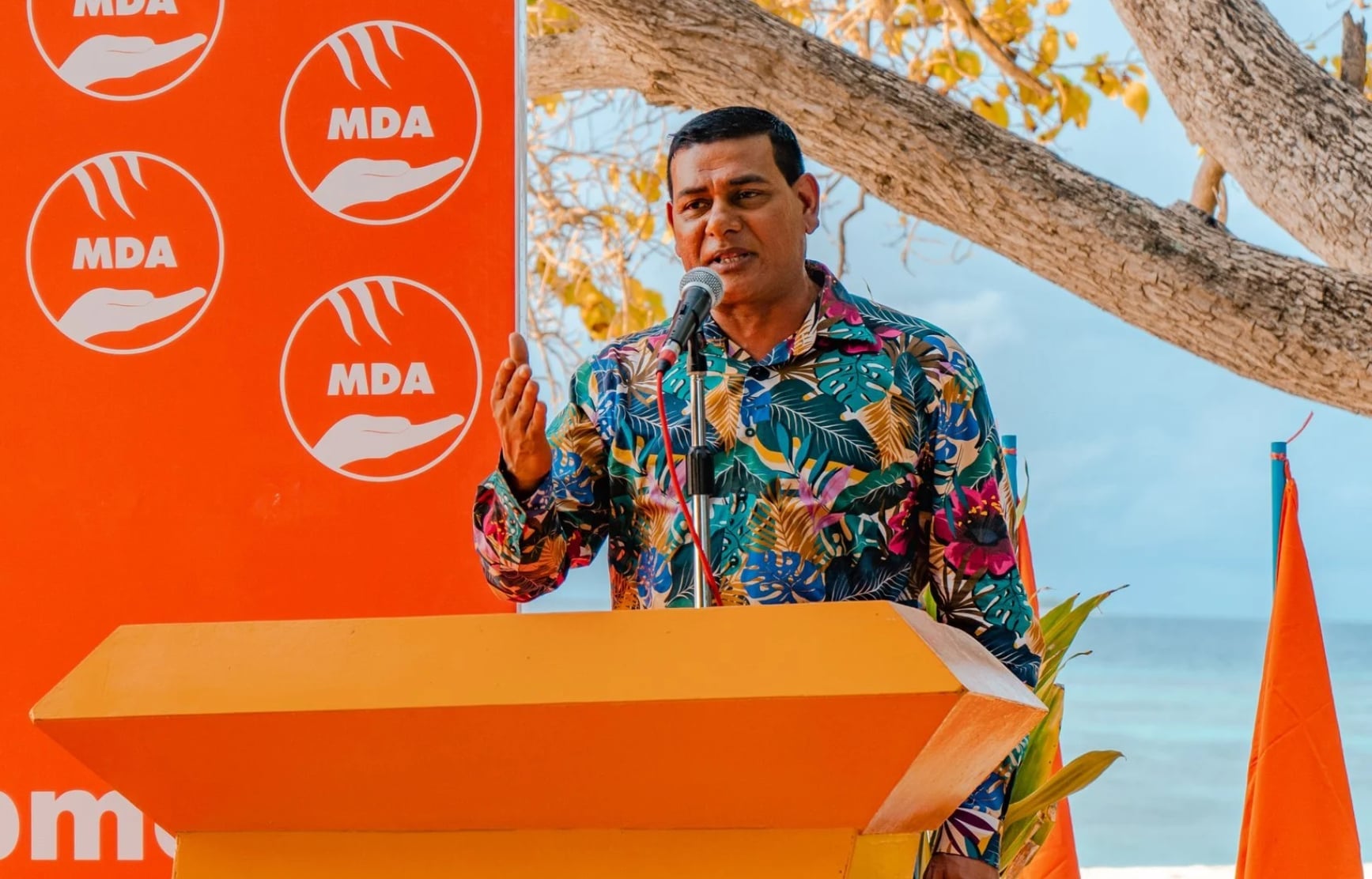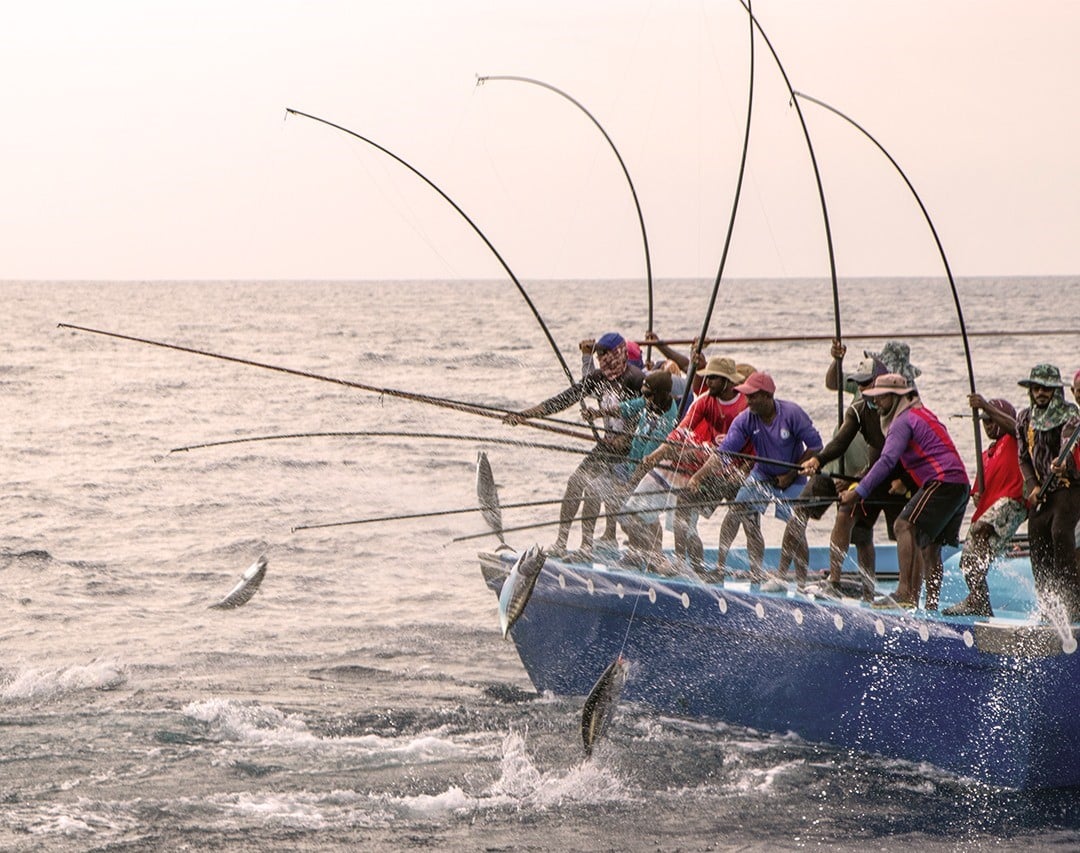Nancy Pelosi has arrived in Taiwan for a highly controversial visit, promising an "unwavering commitment" to supporting the self-ruled island's democracy as tensions with China rise.
Pelosi and her delegation were greeted by Taiwan's foreign minister, Joseph Wu, and Sandra Oudkirk, the top US representative in Taiwan, after disembarking from a US Air Force transport plane at Songshan Airport in downtown Taipei.
"Our congressional delegation's visit to Taiwan honors America's unwavering commitment to supporting Taiwan's vibrant democracy," Pelosi said in a statement shortly after landing. "America's solidarity with the 23 million people of Taiwan is more important today than ever, as the world faces a choice between autocracy and democracy."
Timed with her arrival, China’s ministry of defense said the People’s Liberation Army (PLA) had been put on “high alert” and announced a series of targeted military operations, including missile tests in the waters east of Taiwan and drills encircling the main island for four days after Pelosi leaves.
China, which regards Taiwan as its territory, has repeatedly warned of retaliation for the visit. Shortly before Pelosi’s arrival, Chinese state media reported that Beijing’s Su-35 fighter jets were flying across the Taiwan Strait.
Taiwan subsequently dismissed the announcement as “fake news”.
Pelosi was on a tour of Asia that includes announced visits to Singapore, Malaysia, South Korea, and Japan. Her stop in Taiwan had not been announced but had been widely anticipated.
Chinese warplanes buzzed the line dividing the Taiwan Strait on Tuesday before her arrival, as China’s leadership warned against the visit by Pelosi, who is second in the line of succession to the US presidency and a long-time critic of Beijing.
China views the visit by U.S. officials to Taiwan as sending an encouraging signal to the pro-independence camp on the democratic, self-governed island. Beijing considers Taiwan to be part of its territory and has never renounced using force to bring the island under its control. Taiwan rejects China's sovereignty claims and says only its people can decide the island's future.
The United States has no official diplomatic relations with Taiwan but is bound by American law to provide the island with the means to defend itself.
Pelosi and her delegation were greeted by Taiwan's foreign minister, Joseph Wu, and Sandra Oudkirk, the top US representative in Taiwan, after disembarking from a US Air Force transport plane at Songshan Airport in downtown Taipei.
"Our congressional delegation's visit to Taiwan honors America's unwavering commitment to supporting Taiwan's vibrant democracy," Pelosi said in a statement shortly after landing. "America's solidarity with the 23 million people of Taiwan is more important today than ever, as the world faces a choice between autocracy and democracy."
Our delegation’s visit to Taiwan honors America’s unwavering commitment to supporting Taiwan’s vibrant Democracy.
— Nancy Pelosi (@SpeakerPelosi) August 2, 2022
Our discussions with Taiwan leadership reaffirm our support for our partner & promote our shared interests, including advancing a free & open Indo-Pacific region.
Timed with her arrival, China’s ministry of defense said the People’s Liberation Army (PLA) had been put on “high alert” and announced a series of targeted military operations, including missile tests in the waters east of Taiwan and drills encircling the main island for four days after Pelosi leaves.
China, which regards Taiwan as its territory, has repeatedly warned of retaliation for the visit. Shortly before Pelosi’s arrival, Chinese state media reported that Beijing’s Su-35 fighter jets were flying across the Taiwan Strait.
Taiwan subsequently dismissed the announcement as “fake news”.
Pelosi was on a tour of Asia that includes announced visits to Singapore, Malaysia, South Korea, and Japan. Her stop in Taiwan had not been announced but had been widely anticipated.
Chinese warplanes buzzed the line dividing the Taiwan Strait on Tuesday before her arrival, as China’s leadership warned against the visit by Pelosi, who is second in the line of succession to the US presidency and a long-time critic of Beijing.
China views the visit by U.S. officials to Taiwan as sending an encouraging signal to the pro-independence camp on the democratic, self-governed island. Beijing considers Taiwan to be part of its territory and has never renounced using force to bring the island under its control. Taiwan rejects China's sovereignty claims and says only its people can decide the island's future.
The United States has no official diplomatic relations with Taiwan but is bound by American law to provide the island with the means to defend itself.


















